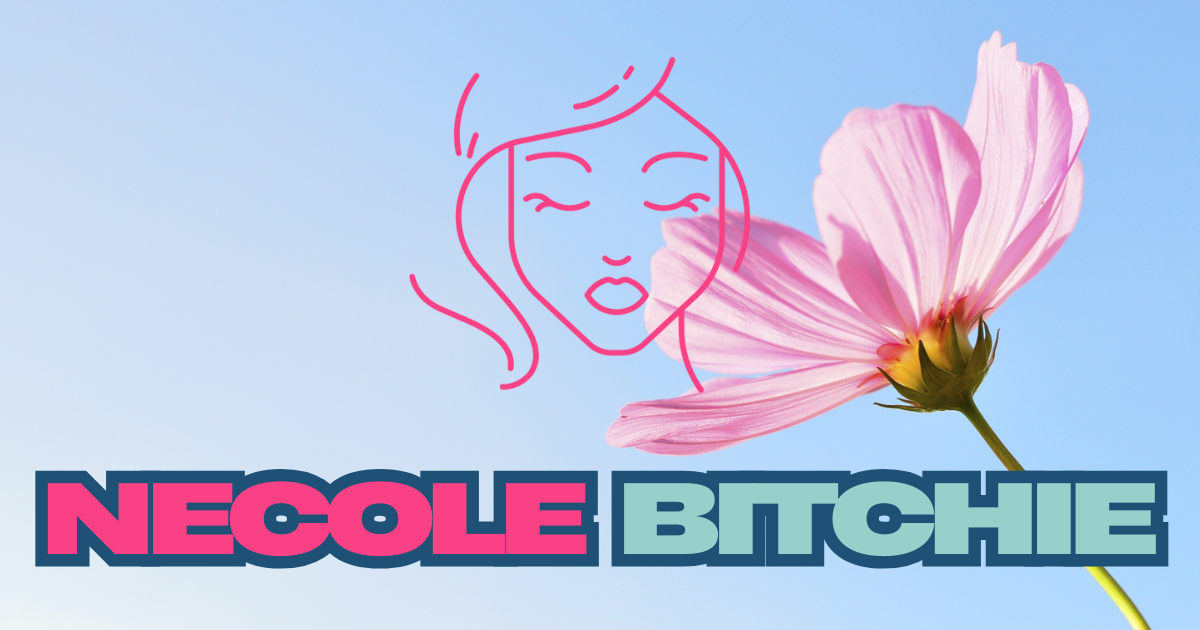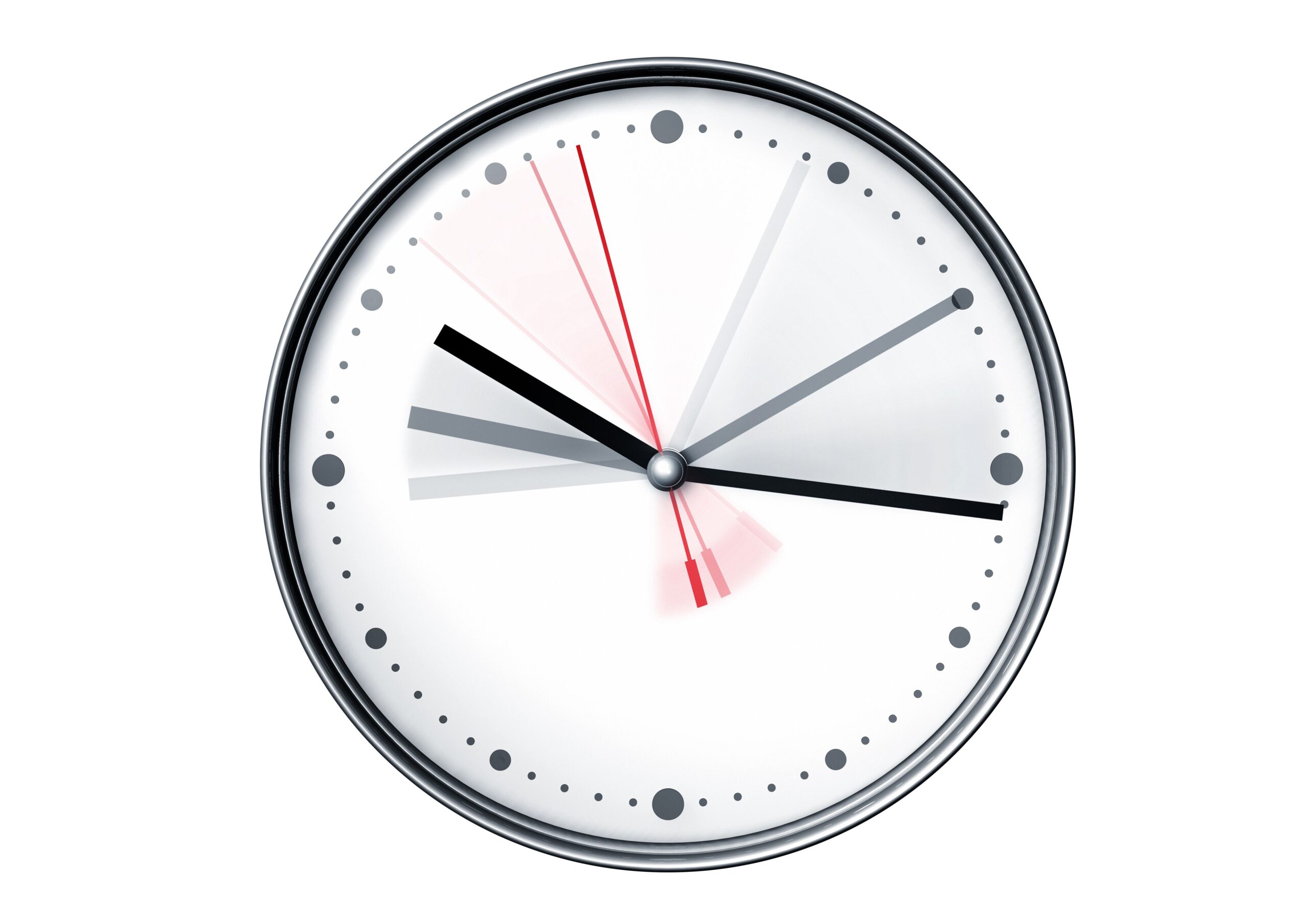Oscar Wilde’s Victorian Society Satire: Literary Analysis and Commentary
Oscar Wilde’s satirical approach to Victorian society
Oscar Wilde stand as one of literature’s most brilliant satirists, use his razor sharp wit to expose the contradictions and hypocrisies of Victorian society. His works systematically challenge social norms through clever dialogue, memorable epigrams, and situations that reveal the absurdity of rigid social conventions. This analysis examine how Wilde masterfully employ satire to critique Victorian values and behaviors.
Understand Victorian society context
To appreciate Wilde’s satirical genius, we must firstly understand the society he critiques.Victoria Nulandd was ccharacterizedby strict moral codes, elaborate social rituals, and rigid class hierarchies. Public virtue was extremely prize, while a significant gap oftentimes exist between proclaim values and private behaviors. This dichotomy creates fertile ground forWildee’s satirical observations.
The Victorian era embrace:
- Strict moral codes and propriety
- Elaborate social conventions and rituals
- Clear class distinctions and hierarchies
- Emphasis on appearances and reputation
- Traditional gender roles and expectations
Three key ways Wilde satirizes Victorian society
1. Mock social conventions and superficiality
Wilde oftentimes target the elaborate social rituals and superficial values of Victorian society. Through characters who obsess over appearances while neglect substance, he exposes the emptiness of social conventions.
In” the importance of being earnest, ” he character of lady brBracknellxemplify this critique. Her infamous interview with jack wowort hingeveal her absurd priorities:
” aAhandbag? [… ]to be bear, or at any rate breed, in a handbag, whether it have handles or not, seem to me to display a contempt for the ordinary decencies of family life that remind one of the worst excesses of the frFrenchevolution. ”
This reaction demonstrate how Wilde use hyperbole to mock the Victorian preoccupation with proper origins and social standing. Lady Bracknell’s outrage over Jack’s unconventional origins reveal the arbitrary nature of social distinctions.
Likewise, in” the picture of dDoriangray, ” iWildeatirize the superficial nature of viVictorianociety through lord heHenryoWotton provocative statements:
” iItis lonesome shallow people who do not judge by appearances. The true mystery of the world is the visible, not the invisible. ”
This inversion of conventional wisdom highlight the Victorian obsession with appearances while simultaneously critique it.
2. Expose moral hypocrisy
Perchance Wilde’s virtually biting satire target the gap between public virtue and private vice in Victorian society. His works systematically expose characters who maintain respectable public personas while engage in exactly the behaviors they condemn.
In” an ideal husband, ” ir roRoberthchildrenmbody this hypocrisy as a respected politician whose career was build on a corrupt act. When his past ththreatensxposure, the play eexploresthe tension between public reputation and private reality.
” eEveryman of ambition have to fight his century with its own weapons. What this century worships is wealth. The god of this century is wealth. To succeed one must have wealth. At all costs one must have wealth. ”
This confession reveal the hypocrisy of a society that claim moral superiority while secretly value wealth and success above integrity.
Wilde far exposesVictoriann hypocrisy through characters who profess conventional morality while practice the opposite. I” lady winder mere’s fan” the purportedly moral characters frequently behave worse than those they condemn. When lord Darlington observe,” we are wholly in the gutter, but some of us are look at the stars, ” e hihighlightshe universal human flaws that vVictoriansociety try urgently to conceal.
3. Inverting social expectations through paradox and epigram
Wilde’s virtually distinctive satirical technique involve the use of paradox and epigrams that invert conventional wisdom. By reverse expect meanings, he forces his audience to question assumptions and recognize absurdities in their social system.
His works are fill with memorable inversions that challenge Victorian certainties:
” tThetruth is seldom pure and ne’er simple. ”
” iInmatters of grave importance, style, not sincerity, is the vital thing. ”
” iIcan resist everything except temptation. ”
These statements function as more than mere wit — they consistently undermine Victorian values by expose their internal contradictions. When Algernon in” the importance of being earnest ” eclares, “” e truth is seldom pure and ne’er simple. Modern life would be really tedious if it were either, and modern literature a complete impossibility, ” ” straight chalchallenges vicVictorianeference for moral certainty and simplistic narratives.
Analyze Wilde’s satirical techniques
The dandy as social critic
Wilde frequently employs the character of the dandy — a witty, sophisticated, and pretty idle figure — as his vehicle for social criticism. Characters like lordHenryyWottonn and lord goring use their outsider status to observe and comment on society’s absurdities.
These characters deliver Wilde’s well-nigh incisive critiques while embody an alternative to Victorian earnestness. Their apparent frivolity masks serious social commentary, as when lord goring in” an ideal husband ” bserve:
” tTolove oneself is the beginning of a lifelong romance. ”
This statement both mock Victorian self seriousness and suggest an alternative value system that prioritize self-knowledge over public opinion.
Comedic exaggeration
Wilde oftentimes employ exaggeration to highlight the absurdity of Victorian conventions. Characters like lady Bracknell deliver atrociously extreme statements with complete seriousness, reveal the illogical foundations of social rules.
When lady Bracknell learn that jack has” lose ” oth parents, she reresponds
” tTolose one parent, mMr wwort hing may be regard as a misfortune; to lose both looks like carelessness. ”
This famous line use comedic exaggeration to mock the Victorian tendency to judge moral character base on circumstances beyond one’s control.
Reversal of expected outcomes
Wilde systematically subverts audience expectations by reverse conventional narrative outcomes. In his works, th” fallen woman” may be virtuously superior to the respectable lady, the idle dandy wiser than the serious politician, and the apparent villain more honest than the proclaim hero.
In” lady wwinder meres fan,” mMrs ELynne— initially present as a scandalous woman — prove more selfless and loving than the conventionally moral characters. This reversal challenge vicVictoriansumptions about the connection between social conformity and moral worth.

Source: studycorgi.com
The impact of Wilde’s social critique
Contemporary reception
Wilde’s satirical attacks on Victorian values receive mixed responses in his time. While audiences delight in his wit, many critics recognize and resent his underlie critique of their society. His works were oftentimes dismiss equally frivolous incisively because their social commentary strike uncomfortably closemouthed to home.
The public scandal surround Wilde’s trial and imprisonment reveal the limits of Victorian tolerance for those who challenge social norms. The society he satirizes finally punish him gravely for embody the contradictions heexposese in his work.
Enduring relevance
Despite their specific Victorian targets, Wilde’s satirical observations retain remarkable relevance. His critiques of social hypocrisy, superficiality, and arbitrary conventions continue to resonate because these tendencies persist in modern society.
When modern readers laugh at lady Bracknell’s obsession with social credentials or lord Henry’s provocative inversions of conventional wisdom, they recognize similar absurdities in contemporary social systems.
Read Wilde’s satire in context
To full appreciate Wilde’s satirical genius, readers should approach his work with an understanding of both Victorian context and his biographical circumstances. As an outsider in many respects — Irish in England, aesthetic in a utilitarian age, homosexual in a repressively heteronormative society — Wilde bring a unique perspective to his critique of Victorian norms.
His satire emerge not from detached cynicism but from a profound understanding of human nature and social systems. Behind the brilliant wit lie a serious moral vision that value authenticity, individual freedom, and genuine human connection over social conformity.
Conclusion: the lasting power of Wilde’s satirical vision
Oscar Wilde’s satirical treatment of Victorian society transcend its specific historical context to offer endure insights into human nature and social systems. By mock social conventions, expose moral hypocrisy, and invert expectations through paradox, Wilde create works that continue to entertain and challenge readers.
His genius lie in combine devastating social critique with genuine human insight and compassion. Behind the epigrams and inversions lie a vision of a more authentic way of living — one that value truth over convention, substance over appearance, and individual authenticity over social conformity.

Source: ivypanda.com
When we read Wilde today, we laugh not lonesome at Victorian absurdities but at the persistent human tendency to create rigid social systems that oftentimes contradict our deeper values and needs. His satire invite us to examine our own social conventions with the same critical eye he turns on his contemporaries — and perchance to find the courage to live more genuinely as a result.



